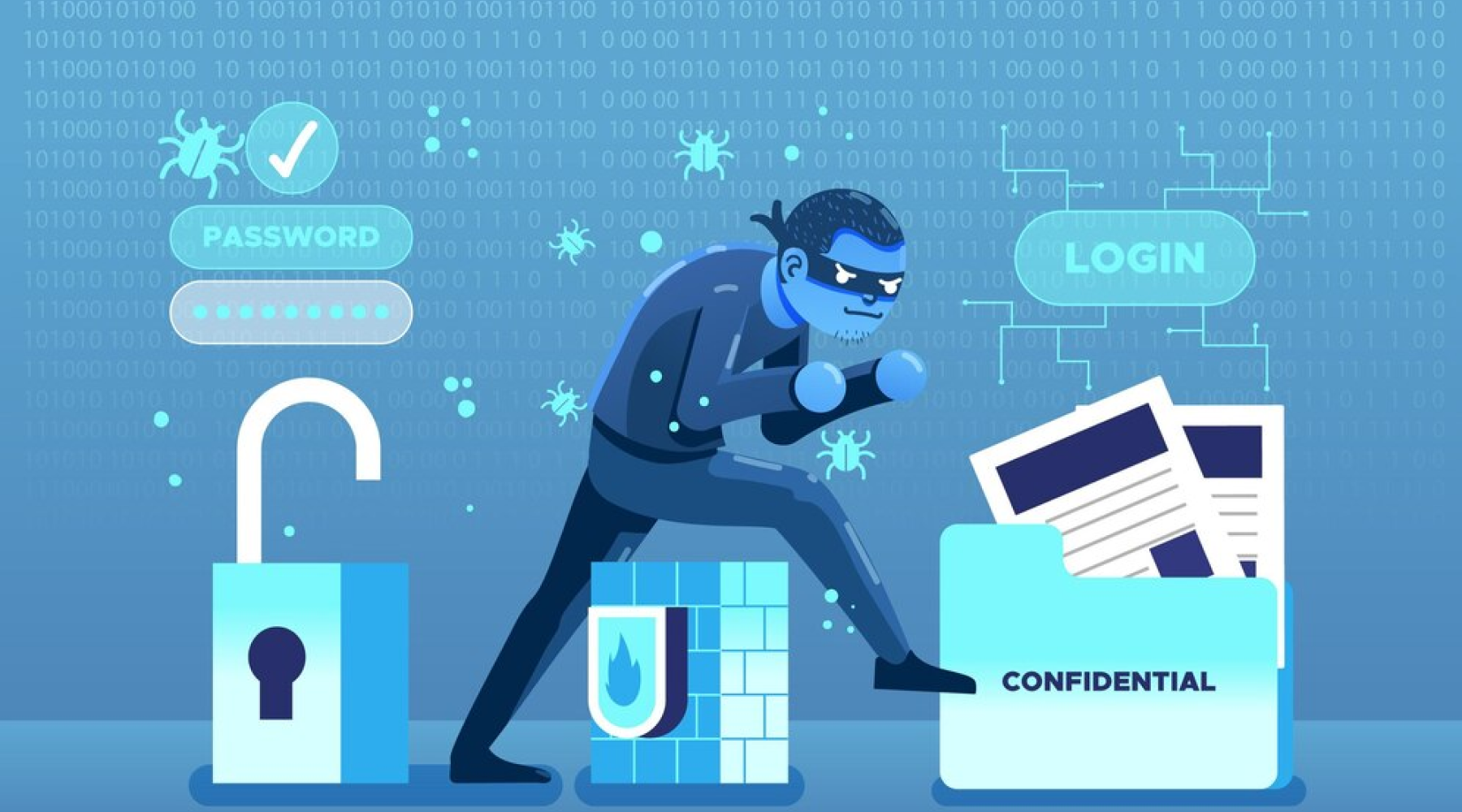As cyber threats continue to grow in numbers and sophistication, businesses are recognizing that traditional cybersecurity measures alone are no longer sufficient. Phishing, ransomware, and data breaches are increasingly common, and the financial and reputational costs of an attack can be devastating. While companies may invest in firewalls, antivirus software, and employee training, one vital yet often overlooked element in a comprehensive security strategy is the cybersecurity warranty.
A cybersecurity warranty goes beyond conventional insurance, offering proactive defense mechanisms, financial protection, and post-incident support. But how exactly do cybersecurity warranties integrate into and elevate your overall security strategy? Let’s break it down.
What Makes a Cybersecurity Warranty Different?
Before diving into the benefits, it’s important to understand how cybersecurity warranties differ from traditional cybersecurity coverage or insurance. Cybersecurity insurance typically offers financial reimbursement after a breach, covering legal fees, data recovery, and business interruption costs. A cybersecurity warranty, however, goes further—it requires businesses to implement specific cybersecurity measures upfront, aiming to prevent incidents before they occur.
This preventive aspect makes cybersecurity warranties a crucial component of a business’s security strategy. By encouraging proactive steps like regular software updates, employee training, and vulnerability assessments, warranties help reduce the likelihood of cyber incidents while also ensuring a faster recovery if one occurs.
The Value of Proactive Security Measures
Prevention: The First Line of Defense
Cybersecurity warranties focus on proactive risk management. To qualify for a warranty, businesses must meet certain security criteria, such as implementing multi-factor authentication, conducting regular vulnerability scans, and educating employees on the latest cyber threats. These measures act as the first line of defense, ensuring your organization stays ahead of emerging threats.
According to a 2023 study, businesses that adopt proactive cybersecurity measures reduce their risk of a cyberattack by 30% compared to those that rely solely on reactive defenses. This proactive approach not only enhances the overall security posture but also builds resilience against future threats.
Real-Time Incident Response
One of the most valuable aspects of a cybersecurity warranty is the access to real-time incident response services. When a cyberattack occurs, time is of the essence. A slow response can lead to data loss, extended downtime, and significant financial consequences. With a cybersecurity warranty, businesses often have immediate access to cybersecurity experts who can contain the breach, mitigate damage, and begin the recovery process.
The quicker a company can respond to a breach, the less damage it sustains. This quick response time—enabled by the real-time support embedded in cybersecurity warranties—ensures minimal business disruption.
Financial Protection and Recovery
Covering the Cost of a Breach
Cyberattacks can be costly, not only in terms of business downtime but also through direct financial losses such as ransom payments, legal fees, and compliance fines. A cybersecurity warranty provides a crucial safety net, ensuring that these expenses are covered.
- Ransom Payments: With ransomware attacks on the rise, many cybersecurity warranties include coverage for ransom payments (where legally permitted) or assist in the data recovery process without paying the ransom.
- Legal and Regulatory Costs: Businesses are often subject to legal action and hefty fines after a data breach, especially if customer data is compromised. Cyber warranties cover these legal costs and help businesses remain compliant with regulations like GDPR or HIPAA.
- Business Downtime: A cyberattack can halt business operations for weeks, causing significant revenue loss. On average, companies suffer 21 days of downtime after a ransomware attack. With a cybersecurity warranty, businesses can recover faster, minimizing the financial impact.
Recovery is Faster with Financial Backing
A 2023 report by IBM found that companies with cybersecurity warranties recovered from breaches 35% faster than those relying solely on insurance or in-house recovery. The financial support provided by warranties, combined with real-time expert assistance, accelerates the recovery process, ensuring that businesses can resume normal operations quickly.
Building Customer Trust Through Effective Response
Managing Reputation in the Wake of a Breach
One often overlooked aspect of cyberattacks is the potential damage to a business’s reputation. A breach can erode customer trust, resulting in a loss of business and long-term damage to your brand. A cybersecurity warranty can provide resources to help manage this reputational fallout. Services such as customer notification, public relations support, and regulatory reporting are often included, helping businesses navigate the complex aftermath of an attack.
Stat: 60% of small businesses that suffer a cyberattack close within six months, largely due to the reputational damage. With proper warranty support, businesses can mitigate this risk, maintaining trust with customers and stakeholders.
Tailored Solutions for Industry-Specific Risks
One Size Does Not Fit All
Different industries face various types of cyber threats, and a cybersecurity warranty can be tailored to the specific needs of your business. For example, healthcare providers may require enhanced data protection and compliance with HIPAA, while financial institutions face unique challenges related to fraud and regulatory oversight.
By choosing a warranty that is customized to your industry, your business receives the exact protections needed to mitigate the most relevant risks. This level of customization ensures that the cybersecurity warranty isn’t just a blanket policy but a strategic component of your overall security plan.
Continuous Monitoring: Staying Ahead of Threats
24/7 Vigilance
Another key feature of many cybersecurity warranties is the integration of continuous monitoring. This involves round-the-clock surveillance of your network and systems, often using AI-powered threat detection to identify suspicious activity before it escalates into a full-scale attack.
Continuous monitoring enables businesses to anticipate potential threats, reducing the risk of damage by neutralizing threats in real-time.
Stat: Companies with 24/7 monitoring reduced the likelihood of a cyber breach by 40%, according to a 2024 cybersecurity survey. This proactive surveillance helps ensure that no attack goes unnoticed.
Combining Warranties with Cybersecurity Coverage
A Holistic Security Strategy
While cybersecurity warranties focus on prevention and response, traditional cybersecurity coverage is essential for covering the broader financial risks of a cyberattack. For instance, insurance might cover third-party lawsuits, regulatory fines, and damage to reputation—all crucial elements of recovery that warranties alone may not fully address.
By combining the two—warranties for real-time response and proactive prevention, and coverage for long-term financial stability—businesses create a multi-layered defense that addresses every aspect of cybersecurity, from the initial threat to the final recovery.
Conclusion
In the modern cybersecurity landscape, no business is immune to attacks.
Cybersecurity warranties offer the perfect balance between prevention and protection, allowing businesses to not only defend themselves but also recover quickly in the event of a breach.
Now is the time to assess whether your business has the right mix of proactive defense and financial protection—because in the cybersecurity arms race, the best defense is a strong, multi-faceted strategy.





